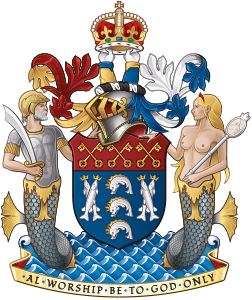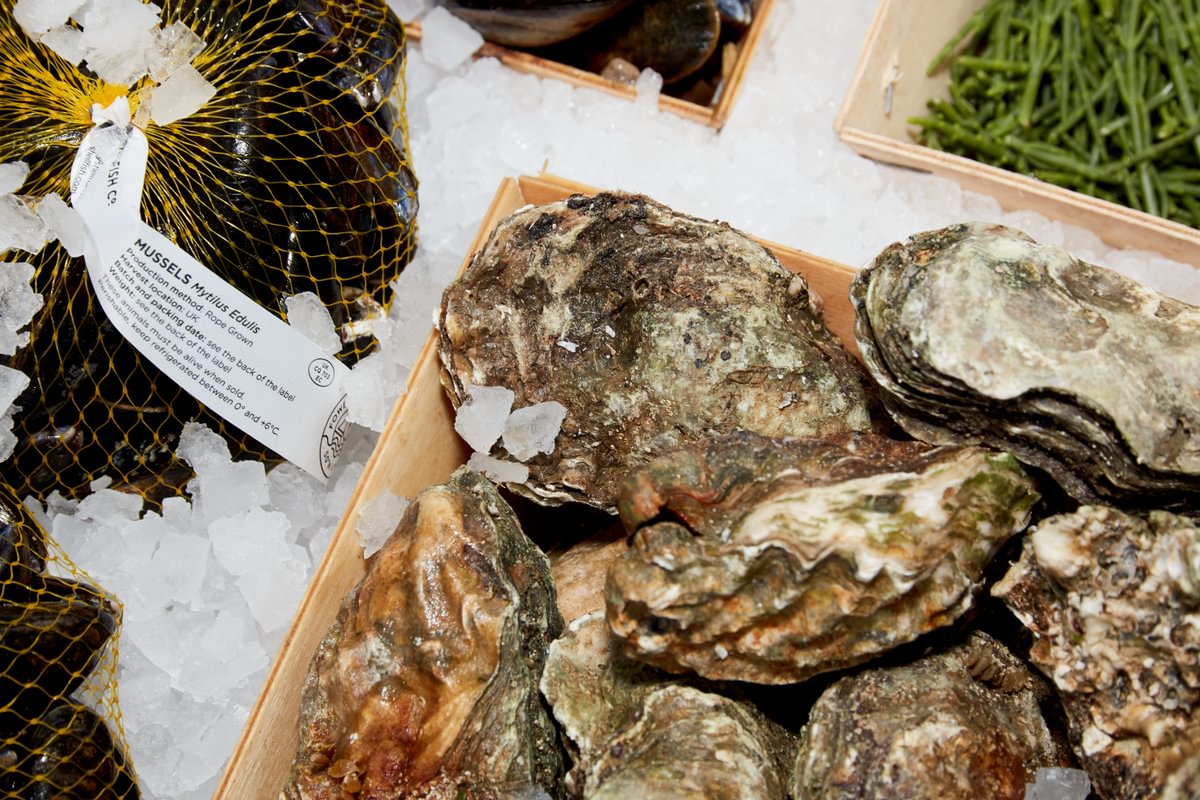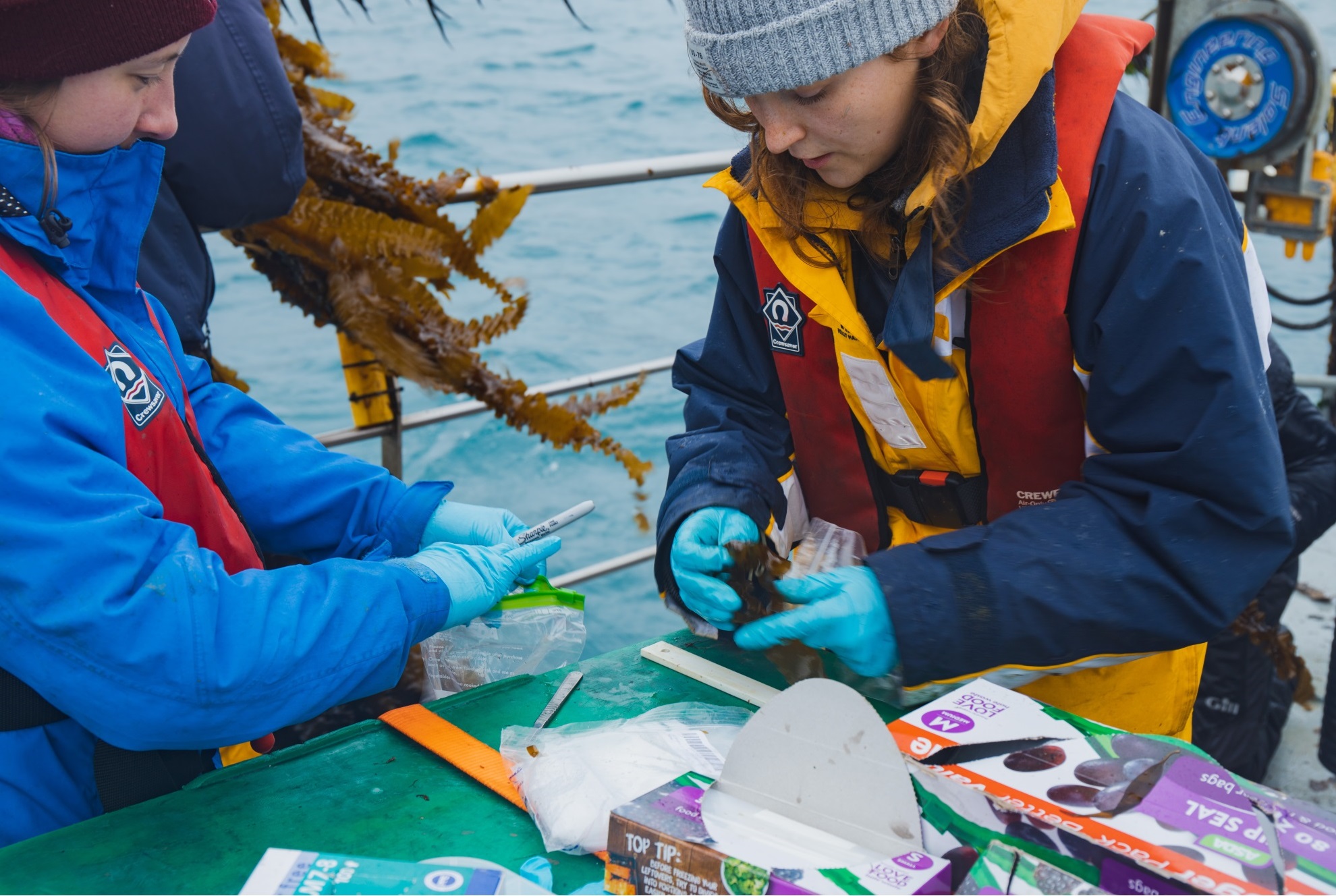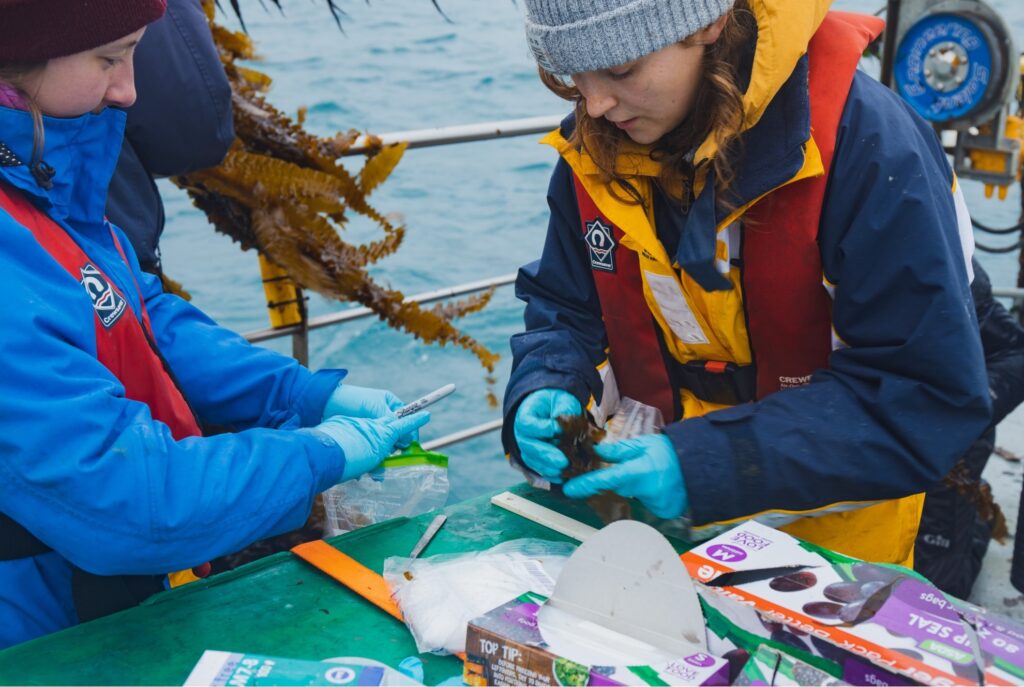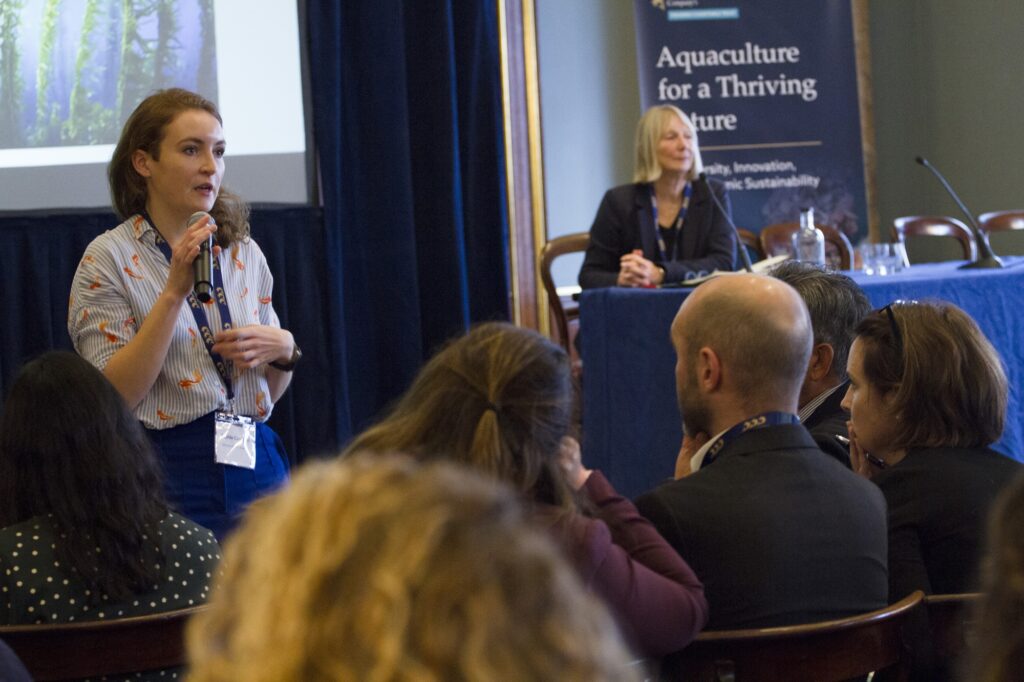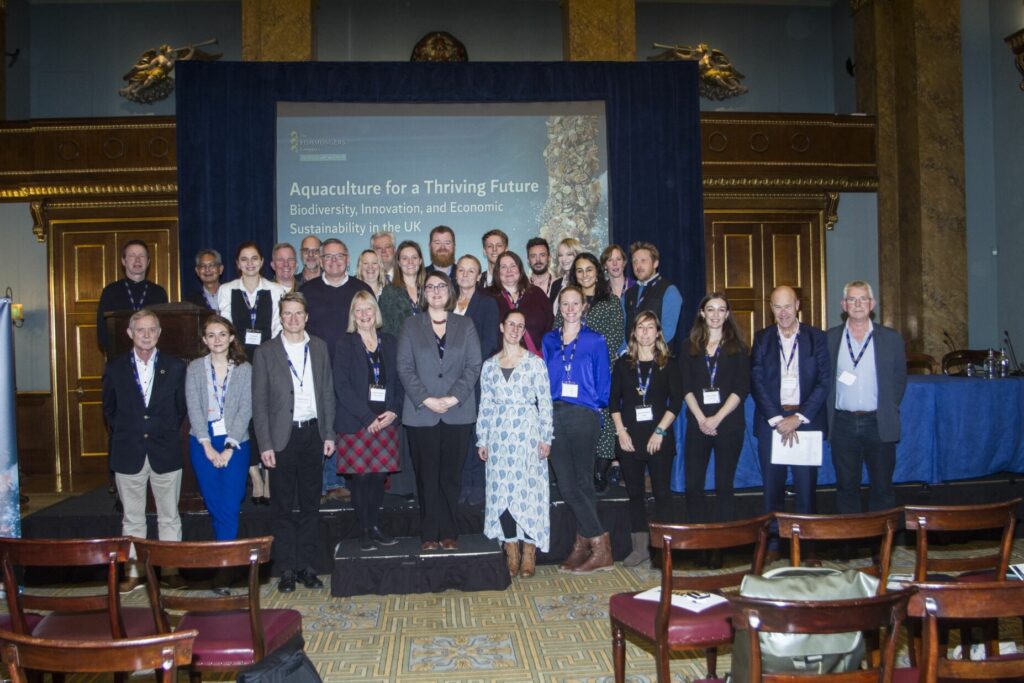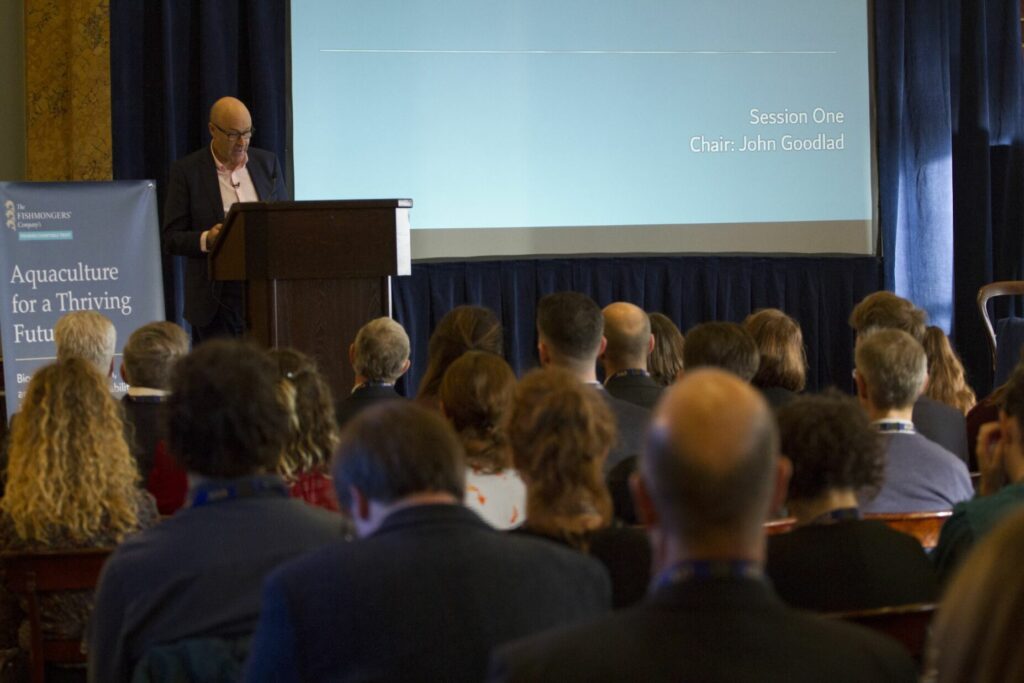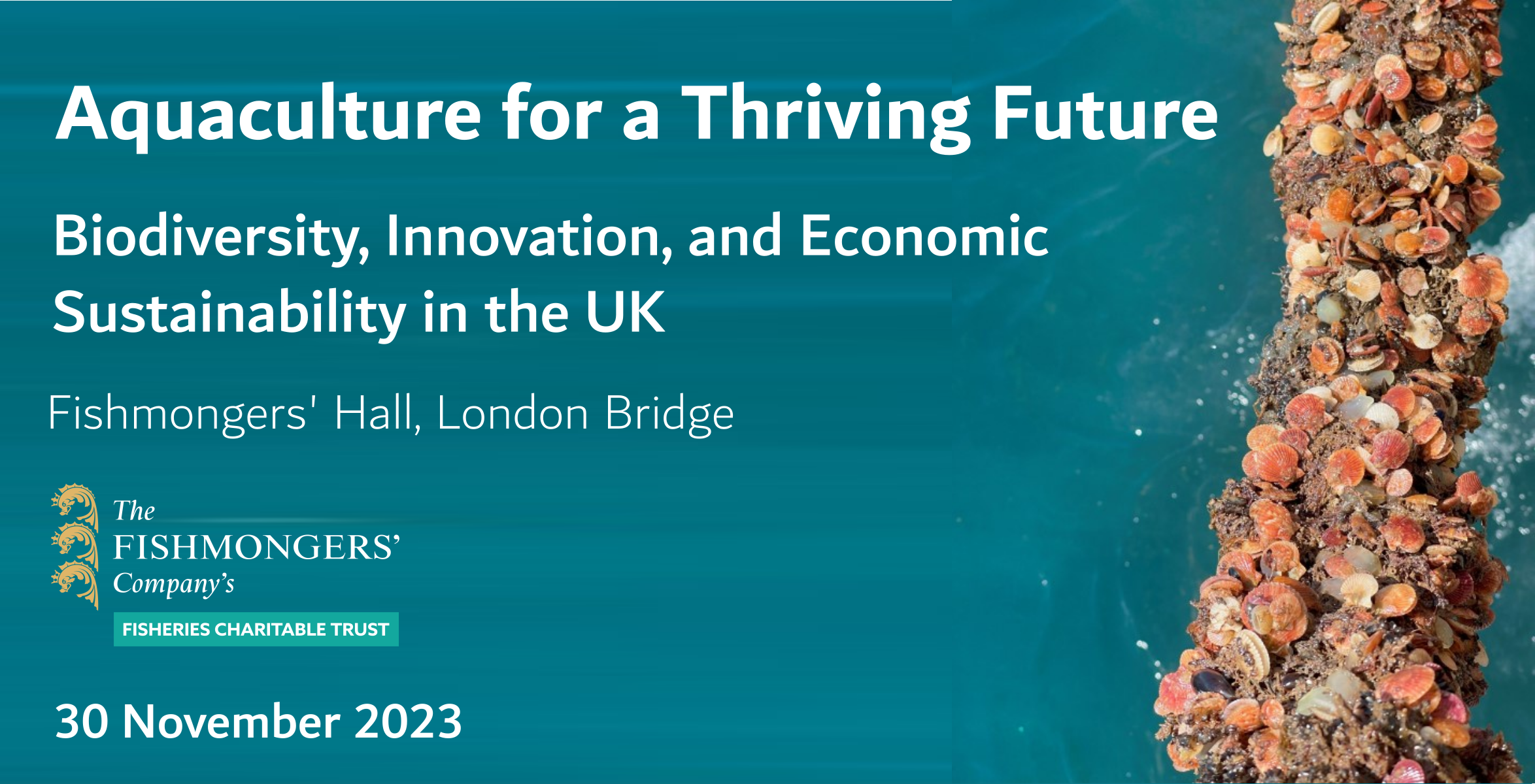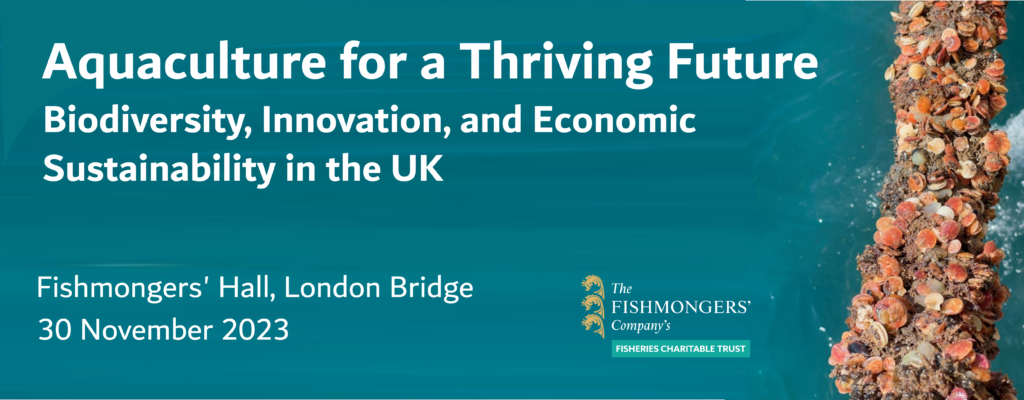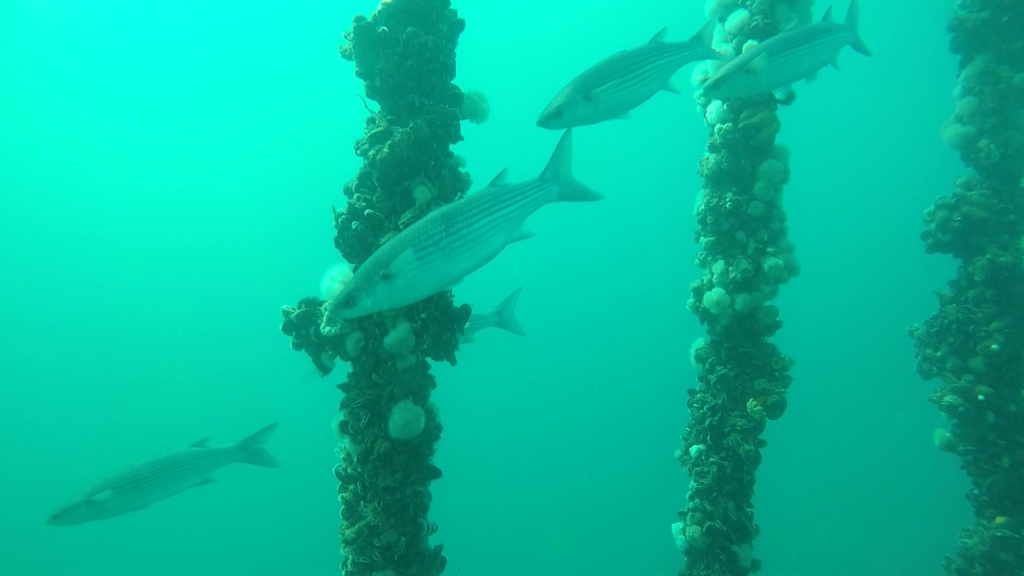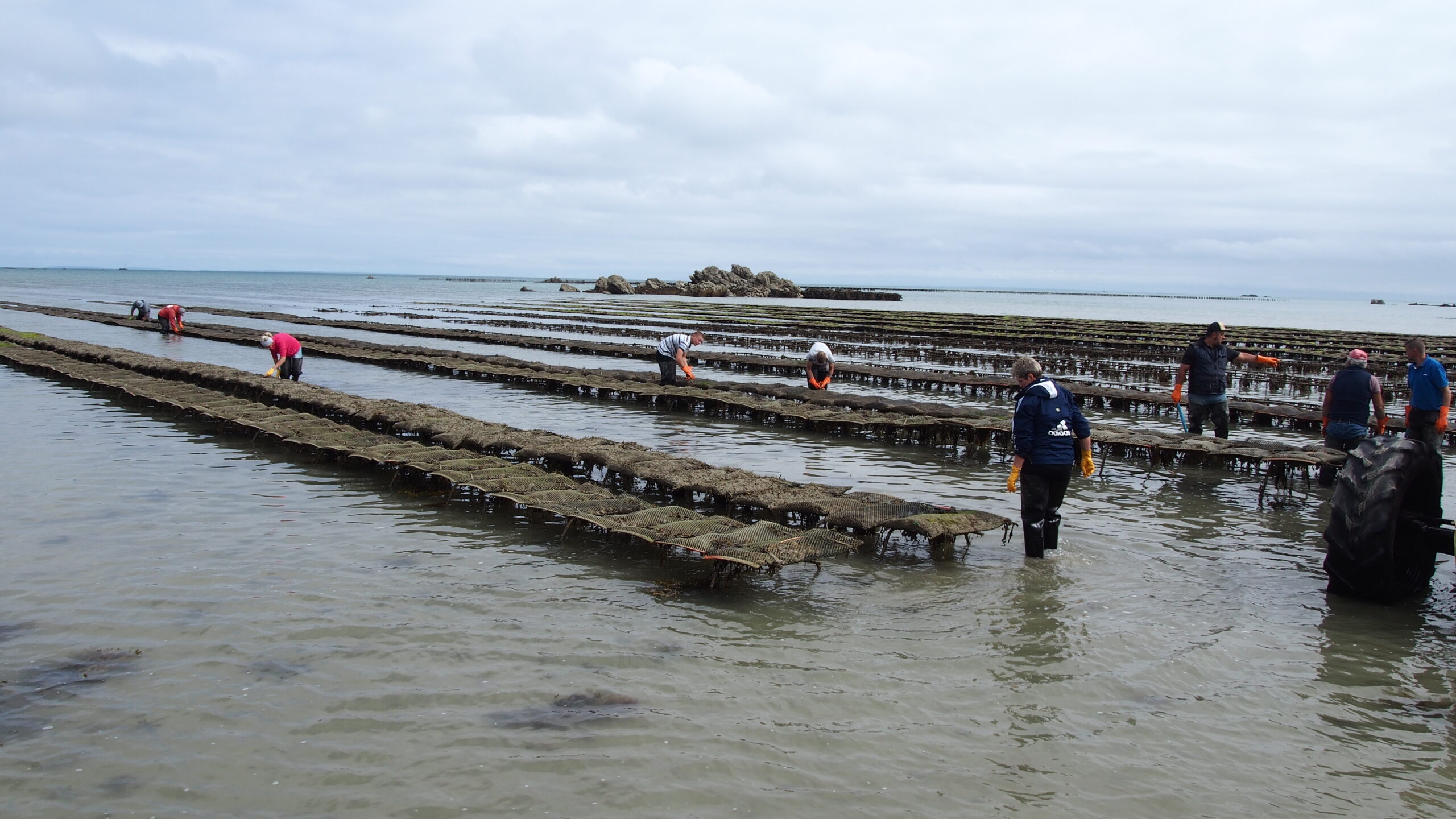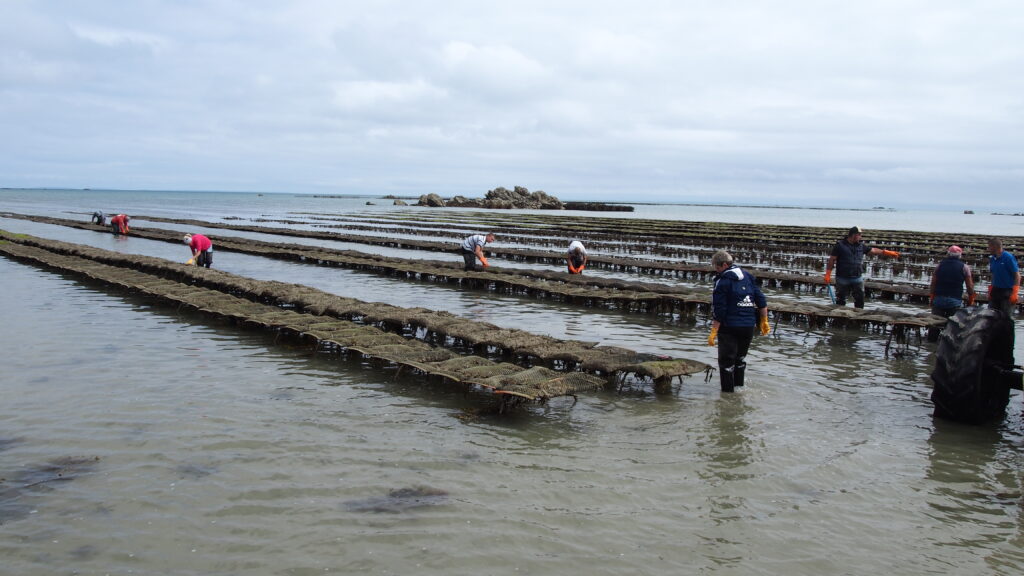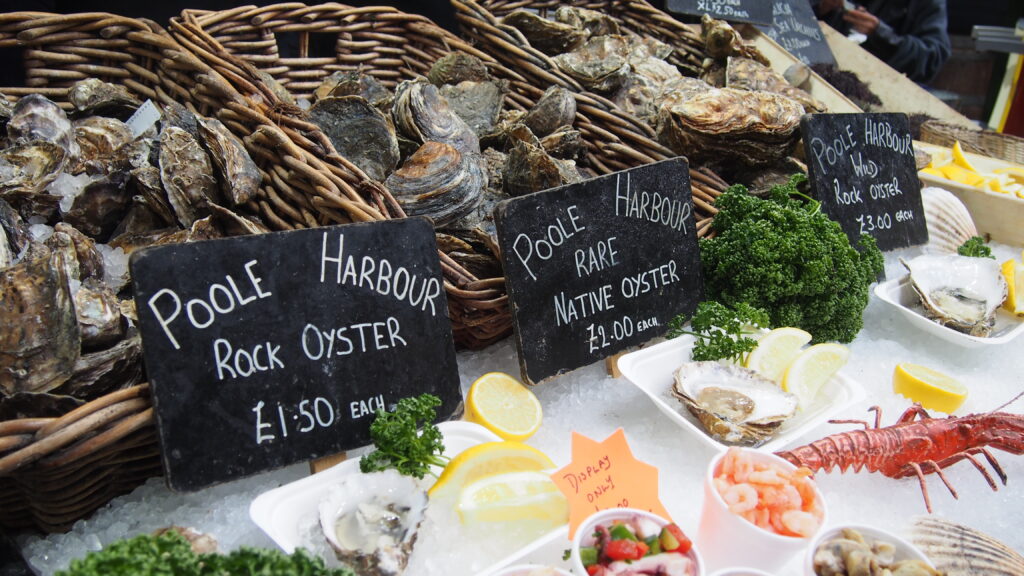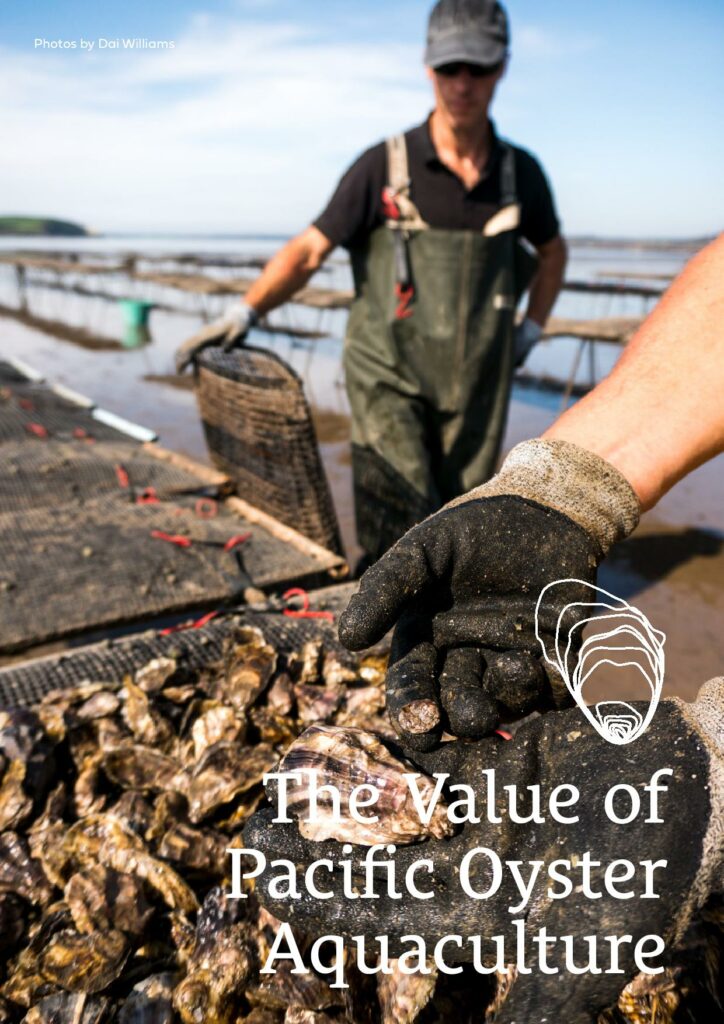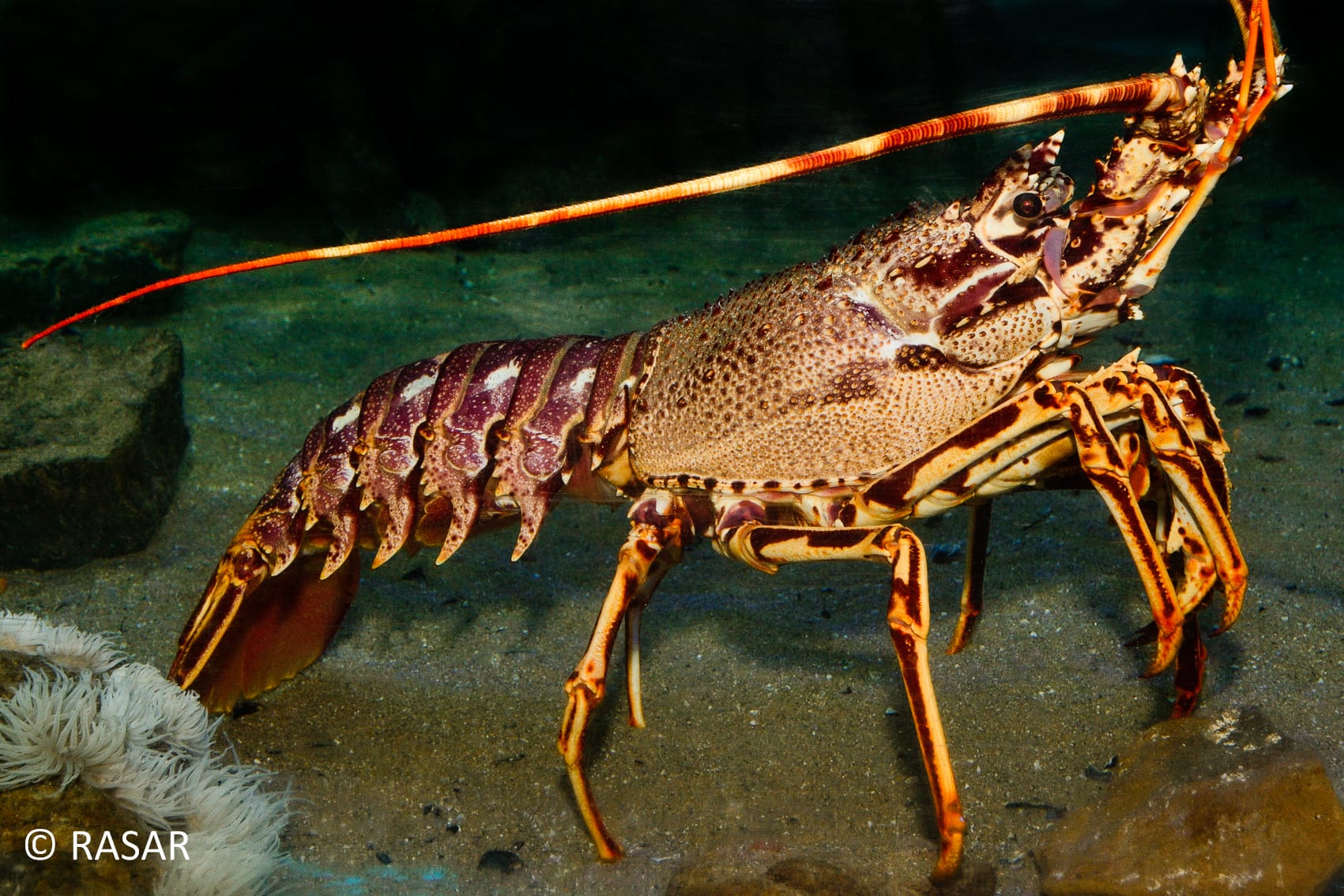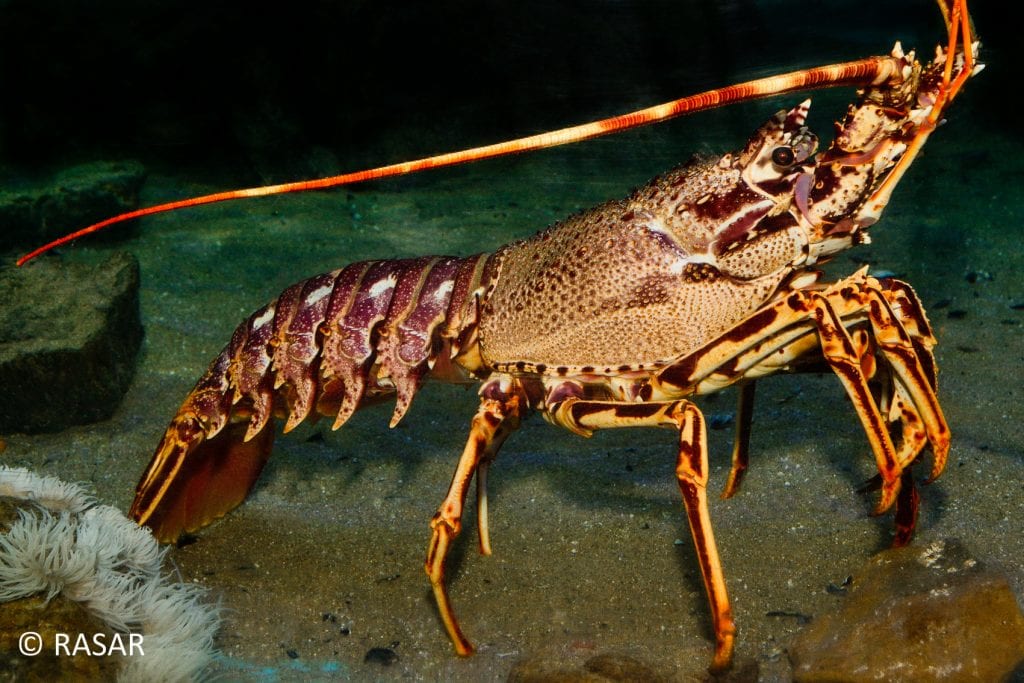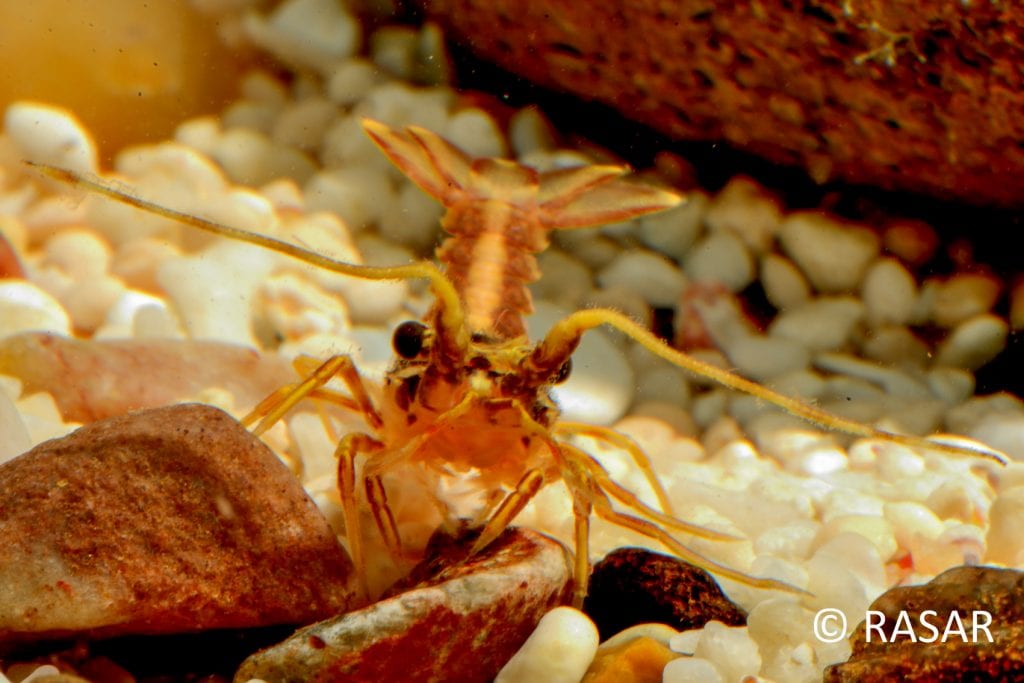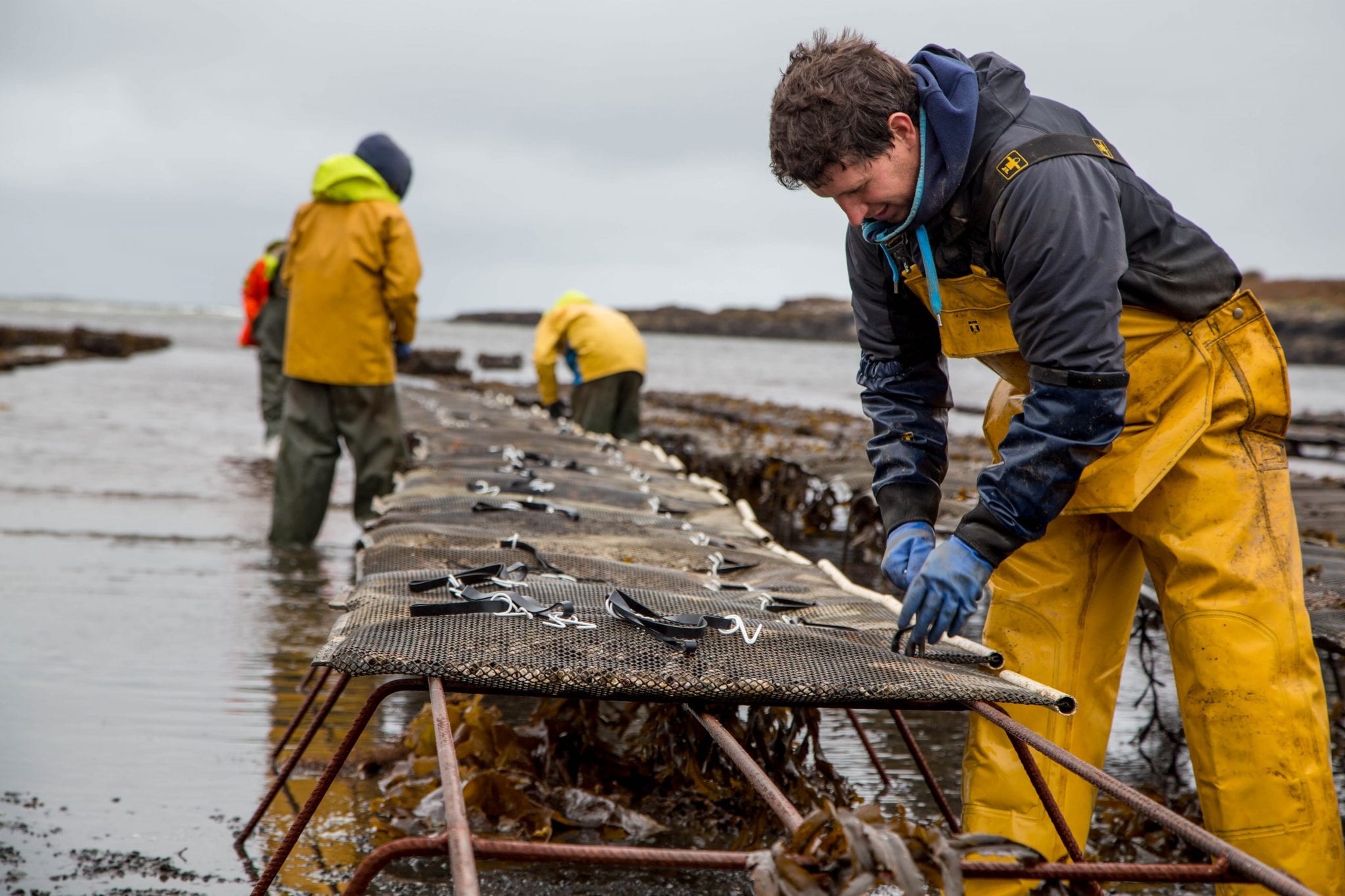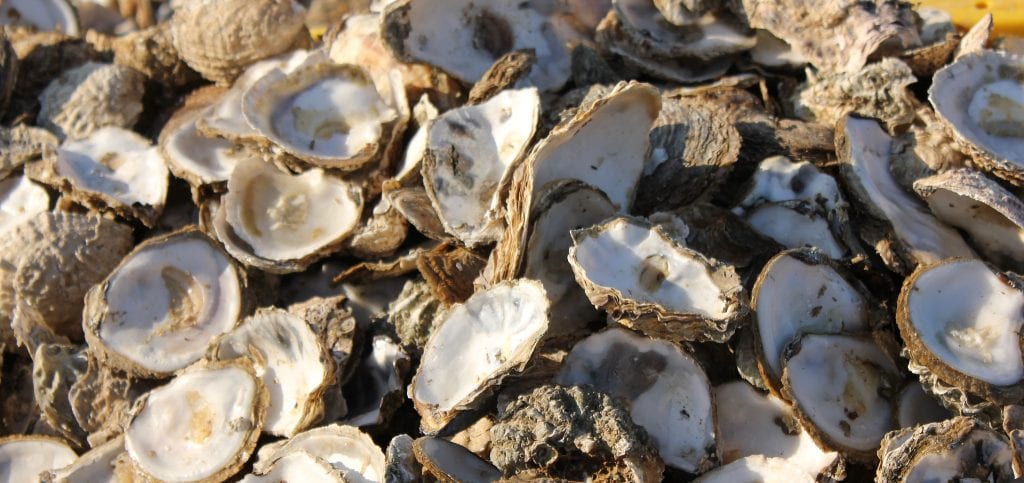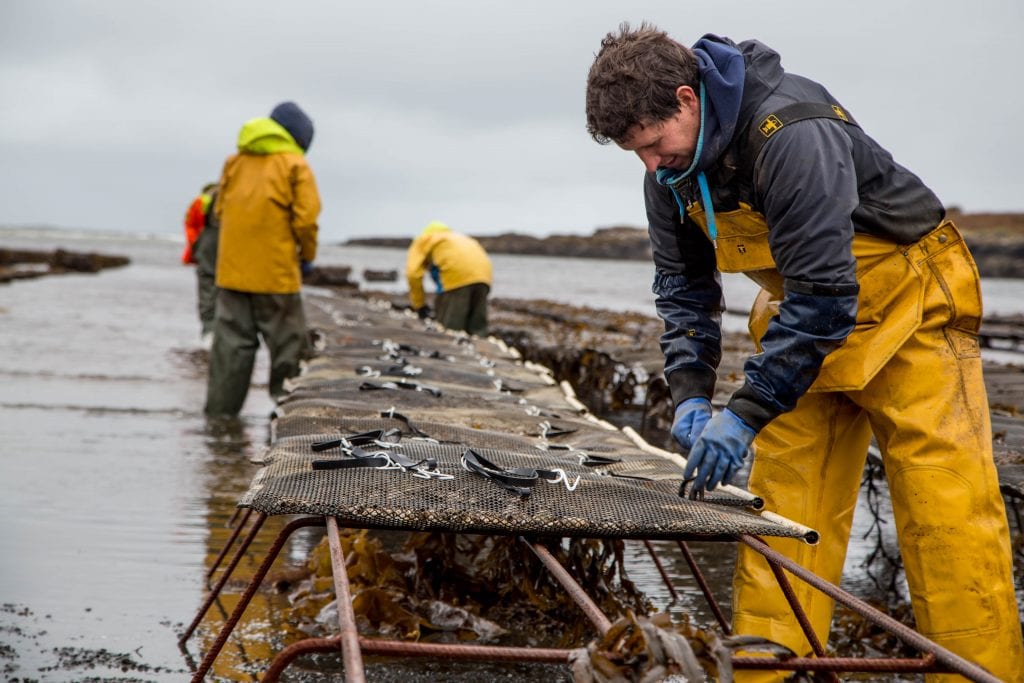Re-establishing the Aquaculture Representative Group
Grant funding from the Fisheries Charity and in-kind support from the Seafish Industry Authority has breathed new life into aquaculture conversations in Northern Ireland.

The Northern Ireland aquaculture sector produces around 4,000 tonnes of fish and shellfish annually, valued at over £12 million. The sector makes an important contribution to coastal and rural communities in the region, employing over 140 people.
Coordination amongst the aquaculture industry in Northern Ireland had lapsed in recent years, exacerbated by Covid when industry couldn’t meet, and by Brexit which removed former funding streams for group support. In 2022, the Company and Seafish stepped in to re-invigorate the group, when Rod Cappell was appointed as Northern Ireland Aquaculture Representative Group’s (ARG) new facilitator.
As a Director of the fisheries and aquaculture consultancy Poseidon, Rod brought international experience, and having relocated to Northern Ireland with his family, has a strong desire to support NI businesses.
“When we moved here ten years ago, I didn’t expect to be doing much work locally. But I’m delighted to help ARG member businesses as much as I can and support sustainable development of the aquaculture sector in Northern Ireland. We’re very grateful that the funding provided by Fishmongers Company’ has enabled that work to continue.”
As of 2024 there are 34 aquaculture operators in Northern Ireland, producing trout, oysters, mussels, kelp, and salmon. Annual production includes around 1,400 tonnes of oysters worth £3.6 million, 1,300 tonnes of mussels worth £1 million, and 1,100 tonnes of finfish worth £7.3 million.
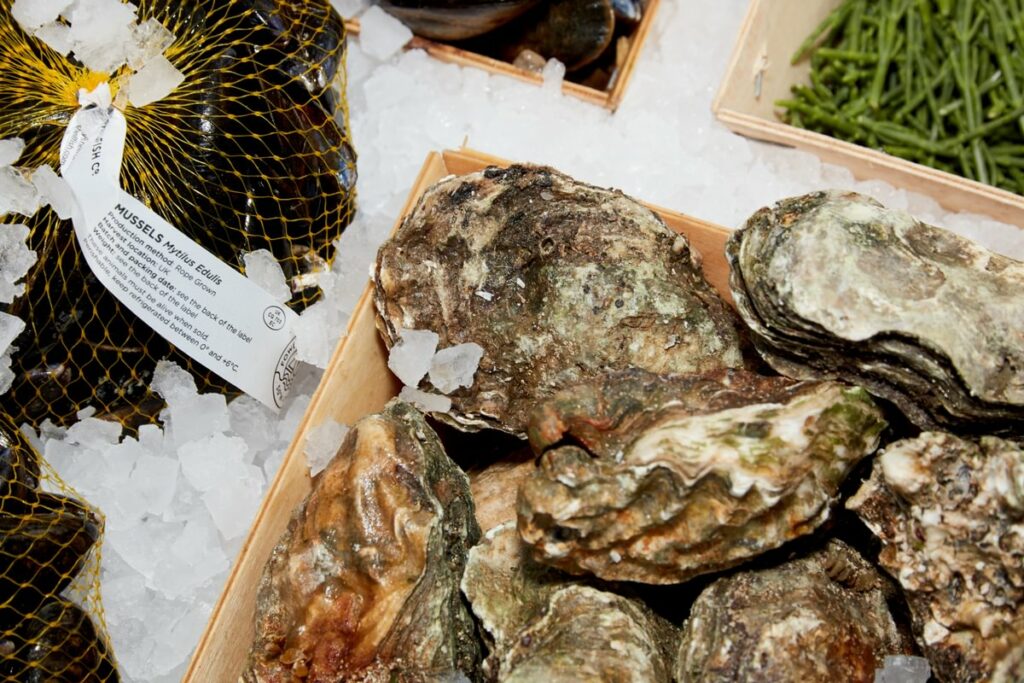
Far exceeding farm gate value, the sector is providing valuable and essential ecosystem services. NIwater’s Living with Water Programme, tasked with upgrading and increasing Belfast’s water treatment infrastructure, has in 2024 estimated that without the mussel production in Belfast Lough contributing to clean water via nutrient absorption, NIwater would have to spend over £50 million more of public money on wastewater treatment capacity!
As part of the ARG’s activities in 2023 it commissioned independent research estimating the carbon footprint of NI’s aquaculture production – demonstrating the climate friendly nature if the industry in Northern Ireland. This supports the promotion of NI seafood as being a low carbon food choice. As well as products for retail and food service, thanks to rigorous controls, Northern Ireland has retained disease-free status, enabling production of trout ova for global export.
The small yet diverse capacity of Northern Ireland’s aquaculture sector, combined with continued access to the EU single market as well as GB, suggests there are a lot of positives for the future of aquaculture in Northern Ireland, yet there are many challenges for operators seeking to grow the sector. The coordination and representation provided by the ARG aims to help individual businesses and the industry at large, working with government on more effective regulation and management to enable that sustainable growth. And that’s why a voice for NI aquaculture through a functioning ARG is so important.
To find out more and make contact visit: www.aquacultureni.co.uk

